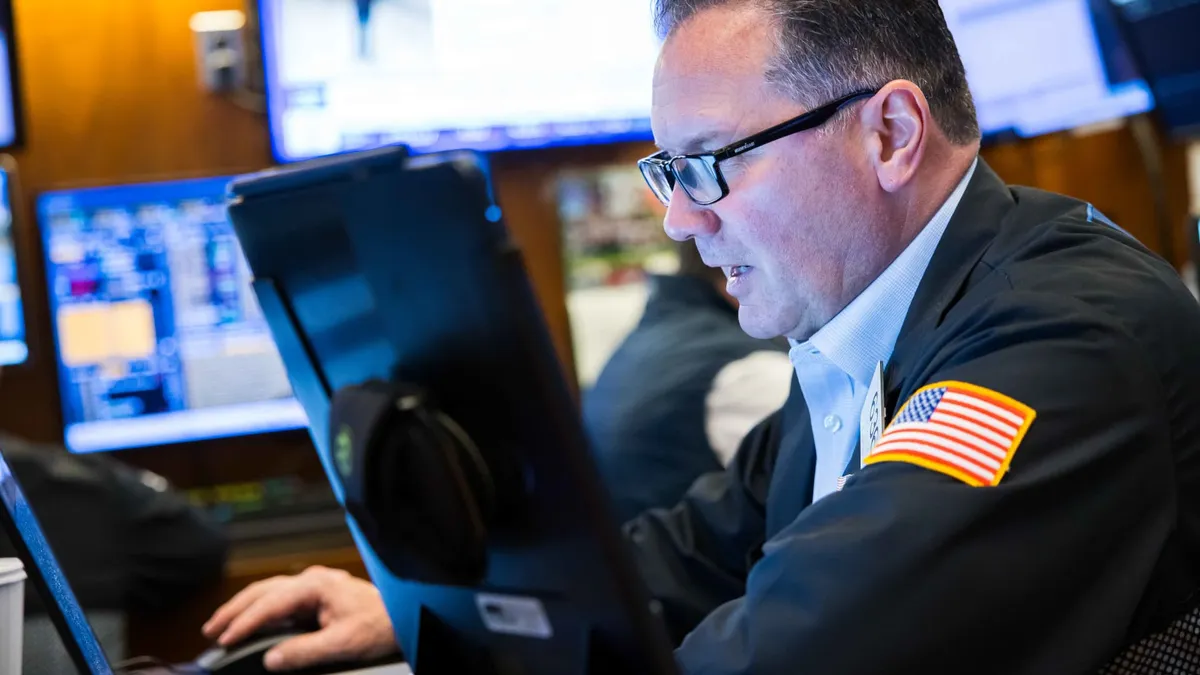
Concerns surrounding a potential U.S. economic slowdown and its implications for small cap stocks have been a topic of discussion among financial experts. According to John Higgins, chief markets economist at Capital Economics, even if fears of a recession prove to be unfounded, small cap stocks are unlikely to outperform their larger counterparts. This perspective highlights the ongoing challenges faced by small cap equities in the current market environment.
Since the market bottomed out in early April, small cap stocks have shown a notably weaker rebound compared to large cap indexes. Higgins emphasizes this trend by referencing equal-weighted indexes, which assign equal importance to each stock, regardless of market capitalization. The data suggests that small cap stocks have not participated in the recovery to the same extent as larger companies, indicating a persistent underperformance in this segment of the market.
Interestingly, the underperformance of small cap stocks appears to be a uniquely U.S. phenomenon, as similar trends are not observed globally. Even as concerns about the U.S. economy begin to fade, analysts suggest that this will not necessarily lead to an increase in the relative performance of small caps when compared to large caps. Capital Economics projects that the current trend of small cap underperformance is likely to continue, especially as excitement around artificial intelligence (AI) resurfaces.
The insights from Capital Economics are informed by historical precedent, particularly during the dotcom era. Higgins notes that the underperformance of small cap equities during that time only came to an end in mid-1999, just before the tech bubble burst. This historical context serves as a cautionary tale for investors considering small cap stocks amidst the current market dynamics.
In the world of after-hours trading, several stocks have been making headlines with significant movements:
Shares of EchoStar jumped by 5% following the company's announcement that it would not be making approximately $183 million in cash interest payments on a series of notes related to Dish. This decision was influenced by recent uncertainties raised by the Federal Communications Commission.
Pegasystems saw a 2% increase in its stock price after the software firm raised its full-year earnings guidance to $3.94 per share, significantly higher than its previous estimate of $3.10. Additionally, the company adjusted its full-year revenue forecast to $1.7 billion, up from $1.6 billion and exceeding FactSet's expectation of $1.62 billion.
In a remarkable performance, Credo Technology surged by 13% after reporting fiscal fourth-quarter non-GAAP earnings of 35 cents per share, surpassing analysts' expectations of 27 cents. Furthermore, the company reported revenues of $170 million, which also exceeded the estimated $159.6 million.
As the market continues to evolve, the performance of small cap stocks versus larger companies remains a critical focus for investors. The insights from Capital Economics and the fluctuations in after-hours trading underscore the dynamic nature of the current economic landscape.